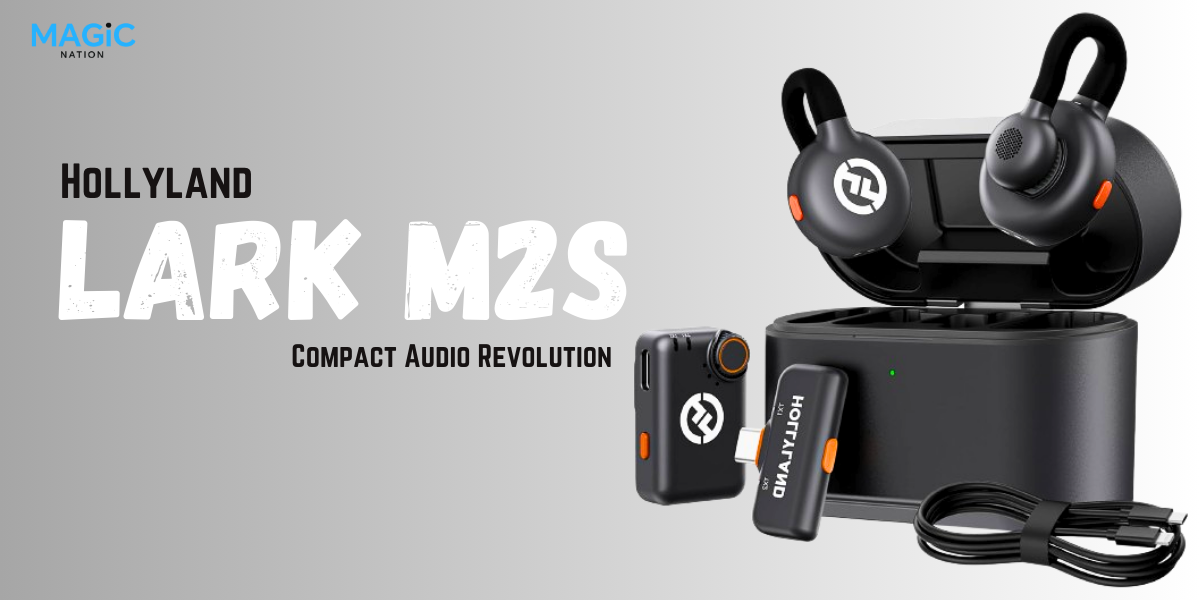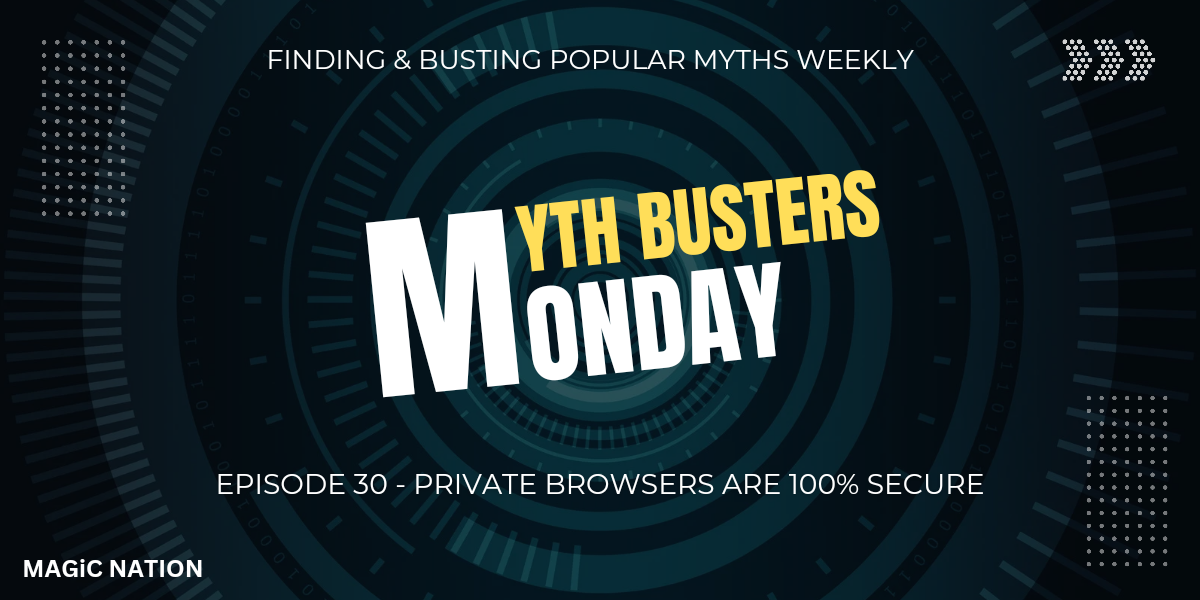In the context of digital advancements, businesses have undergone substantial shifts, exemplified by industry leaders such as Amazon and Meta. These companies have reimagined traditional business models, showcasing the transformative potential of technology. This point is underscored by viral posts on social media platforms highlighting Amazon's lack of physical stores and Meta's content-free nature, emphasizing the awe-inspiring impact of digital transformations.
Amazon and Meta aren't alone. There are a host of companies that have used technology to give rise to new business models. Uber has changed how people commute and travel, the company doesn’t own any cabs!
Meanwhile, incumbent firms aren’t standing idly by.
Walmart has used digital transformations to remain competitive in the face of competition from online retailers. The much-feared ‘Walmart effect’, coined because small retailers in towns with Walmart stores went out of business, is not present in the digital realm. A new paradigm is in play, and the certainties that existed before need a rethink.
One of the most successful digital transformation stories is that of Chinese electric car maker Build Your Dreams (BYD).
At a time when Tesla was the only major electric automaker, BYD was almost unheard of outside China. When Tesla founder Elon Musk was asked his opinion on BYD, he laughed and dismissed the then-fledgling automaker. Today, he's not quite so cavalier. Earlier this year, BYD overtook Tesla as the largest seller of EVs in the world.The BYD Saga
What makes BYD's story so compelling is that the company started as a manufacturer of batteries. Its founder Wang Chuanfu had the foresight and fortitude to transform a humble battery manufacturer into the world’s largest seller of EVs. Moreover, he did so in a few short years.
The company's leadership astutely realised that as a company with immense prowess in designing batteries, BYD was well poised to make a digital transformation and become a manufacturer of EVs. Their reasoning was simple. An EV's battery is its most expensive and crucial component. As batteries were BYD's forte, the company had much of the expertise necessary to manufacture EVs. From thereon in, the company capitalised on the advances in software, electronics and semiconductors to build EVs that have mass global appeal.
Today, BYD retains its edge because it is more fully integrated than most leading EV manufacturers, including Tesla. It makes EV batteries and a lot more in-house.
BYDs and its leadership’s story is but one that highlights the power of digital transformation.
Amazon, Meta, Uber and BYD are just a few names that introduced new business models or transitioned to existing models through the power of digital technologies.The Transformative Power of Technology
While how companies have used digital technologies in the past is hugely exciting, the rapid advances in technology underway now mean that future digital transformations may eclipse what’s happened so far.
Since ChatGPT's debut, AI has captivated the world's attention. AI has gone from being a novelty to becoming a part of organisations’ business strategies.The AI story is Just Getting Started
Thousands of IT professionals were laid off over the past few months. AI is partly responsible for many such layoffs.
Depending on who you ask and believe, Artificial General Intelligence (AGI) - AI that's as good as or better than humans in most tasks is either just a few years away or a few decades away.
What’s changed over the past several months is that experts are much more optimistic that AGI is close at hand. Even many AGI agnostics who thought that AGI was a distant dream have become believers.
Likely, there won’t be a single moment when AGI is born. There won't be a moment when a switch is flicked and AGI comes alive. Rather, AGI will result from gradual advances in AI over several years.
AI researchers are using the techniques used to train large language models like ChatGPT to teach new AI models about the physics of everyday life. When they’re successful, AI will make sense of and understand events that transpire in the real world. AI will be able to do what Google, before the launch of Gemini, misled people into believing its AI platform could!
With the growing power of AI, companies will adjust their business models to maintain profitability, entrusting more tasks to AI. The next significant advancement in AI is on-device capabilities, swiftly generating text, code and images. It facilitates real-time image editing, offline model execution, enhanced camera features and improves on-device voice assistants' responsiveness.
AI's impact extends far beyond individual devices. It's revolutionising entire industries and content creation tools like DALL-E 2 (OpenAI) and Midjourney are empowering artists and marketers.
In healthcare, AI leaders like DeepMind (Google) are accelerating drug discovery, and graphics giants like Nvidia are powering cutting-edge simulations and potential drug discoveries.
AI-driven cybersecurity systems are also evolving, proactively protecting sensitive data with heightened sophistication. It's clear, the future is intelligent, with AI at the forefront of this digital transformation. Companies specialising in AI hardware and software, like Qualcomm and Nvidia, will continue to play a pivotal role in shaping the success of businesses and driving innovation across various sectors.
Other technologies will continue to give rise to new business models.
The Internet of Things (IoT) is envisioned to give rise to a world that is populated by trillions of small smart devices that collect data about their surroundings and share it with data centres for processing.IoT, Blockchain and the Cloud
In such a world, the age-old riddle, 'When a tree falls in an empty forest does it make a sound?’ may finally have an answer: Yes, it does!
Such is the vision behind the IoT. These small and powerful devices will be everywhere. They'll collect data about people and their surroundings and give companies clues about what consumers want. By generating insights from peoples' daily activities, they’ll give clues about how to lead more productive and meaningful lives.
Blockchain will help businesses make secure digital transactions, while cloud computing will help analyse data from trillions of digital and IoT devices.
Concerning digital transformation, there is much reason for tremendous optimism; however, these new technologies come with caveats.
We're in a data-driven world. To truly grasp the significance of this requires an understanding of human beings.Challenges and Opportunities
Leading neurologists are confident that free will is an illusion. Many go so far as to say that the self is an illusion.
Until the advent of data and powerful data centres, matters related to free will and the self were of little practical consequence. What's changed is that personal data and vast computational power give companies and governments the power to know ordinary people better than such people know themselves. Those with data can not only know your next move but also what you're thinking! Hence, the potential for the misuse of data is very real. Companies that collect data must take every precaution to keep it secure.
Another challenge concerns employability. In a rapidly changing world, skills learned a few years ago will become obsolete. Some professionals may be adaptable enough to acquire new skills, but many won't be. Moreover, new skills learned will again become obsolete in short order. How will someone in their 40s, 50s and 60s live meaningfully in such a world? Also, firms will have a harder time understanding what kind of skills they need.
While there is good reason for optimism about the future, there is also great uncertainty about what lies ahead. Digital technologies are a force for good, yet within them lies the possibility of significant misuse. For companies, governments and all of humanity to thrive in an era of digital transformation, what's needed is not more technology, intelligence, speed or skill but the very things that make humans human: the ability to feel compassion and empathy. These ought to be the north star for companies and governments going ahead.
As the human mind continually evolves and develops over time, we remain the masters and creators of our own destiny. Despite the transformative impact of digital advancements on the business landscape, it's crucial to view AI not as a rival but as a tool that enhances human intelligence.










